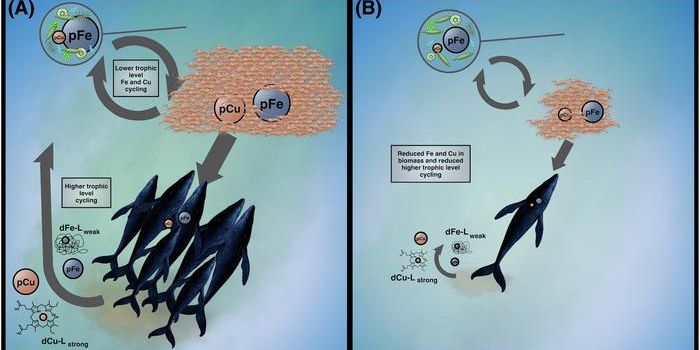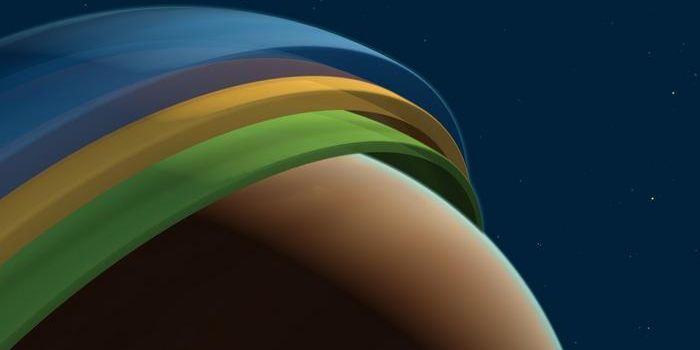More efficient and faster devices from electron spin control
A recent collaborative research study between the Rensselaer Polytechnic Institute and the University of California at Santa Cruz was published in Nature Photonics. It discusses how spintronics can contribute to making our ever-decreasing devices faster and more efficient. As its name suggests, spintronics is based on the spin of electrons, whereas traditional electronics are based on the flow of electrons.
The goal of spintronics is to continue the direction of electronics with technology becoming smaller, faster, and more energy efficient while holding larger amounts of data. Spintronics is achieved through a so-called Rashba or Dresselhaus spin-orbit coupling effect. However, controlling the spin of electrons at room temperature has been hard to achieve for decades due to ineffective control and strong spin relaxation, as the paper describes. This latest research hopes to take this research one step forward in solving this problem.
"You want the Rashba or Dresselhaus magnetic field to be large to make the electron spin precess quickly," said Dr. Jian Shi, associate professor of materials science and engineering, and a co-author on the study. "If it's weak, the electron spin precesses slowly and it would take too much time to turn the spin transistor on or off. However, often a larger internal magnetic field, if not arranged well, leads to poor control of electron spin."
Dr. Shi concluded by saying this research is “a step forward toward the practical realization of a spintronic transistor.”
Spintronics hold a number of current and future applications, most notably as a means to compress large amounts of data into a small area, such as 1 TB being stored on a single 3.5” diameter disc. It is also currently used to detect cancer, and generally holds promise for digital electronics.
Sources: Nature Photonics, BYJU’s
As always, keep doing science & keep looking up!









